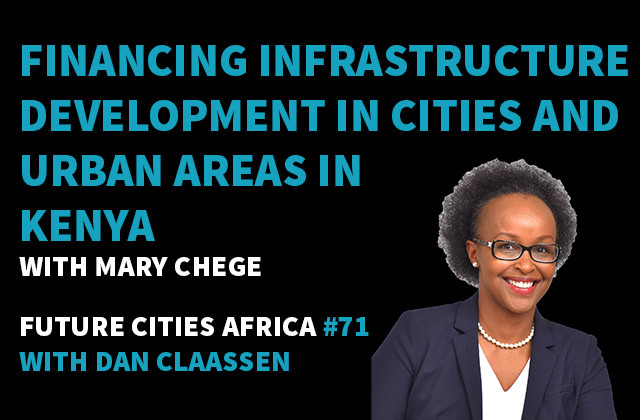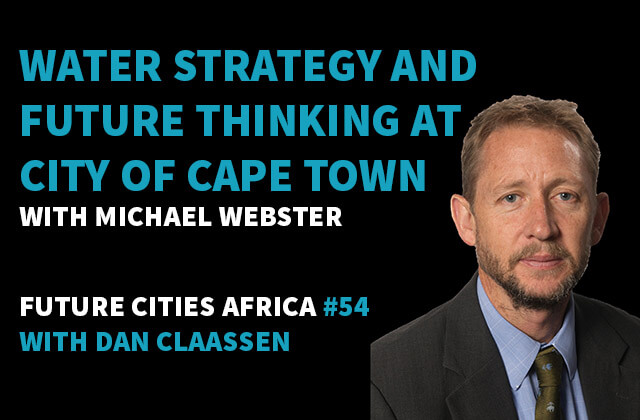Listen to Audio
Improving City Service Delivery and Governance in Zambia
Dr Hanson Chishimba is a Researcher and Lecturer of Development Economics at the University of Zambia. Hanson is also the author of the book. Equalisation Transfers and Service Delivery in Local Authorities in Zambia.
Stay Connected
Episode Summary:
- 00:00:00 In this section Dr Hanson Chishimba, Researcher and Lecturer of Development Economics at the University of Zambia, discusses the challenges to effective service delivery and governance in Zambia. He identifies two main challenges: infrastructure and capacity. Hanson explains that Zambian municipalities have been lagging in infrastructure investment, resulting in a mismatch between available infrastructure and the increasing population. This lag has led to problems such as congestion, a housing deficit, and a lack of sanitation facilities. The infrastructure deficit has resulted in significant social and economic costs, including wasted time and productivity.
- 00:05:00 In this section, Dr Chishimba discusses the challenges of inadequate infrastructure and service delivery in Zambian municipalities, particularly in cities. The lack of investment in proper infrastructure, such as schools, hospitals, and sanitation, hinders economic growth and limits residents' quality of life. The technical, administrative, and financial capacities of local authorities are inadequate, with most municipalities managing large populations with very few engineers and city planners. These capacity challenges result in residents being unsatisfied with public services. City managers are addressing these challenges through various initiatives, but the biggest hurdle is that municipalities are unable to maintain or service their current infrastructure due to past management inadequacies.
- 00:10:00 In this section the focus is on the initiatives taken to enhance infrastructure and governance in Zambian municipalities. Dr Chishimba highlights the trend of constructing new infrastructure, such as road projects in Lusaka and Osaka, and the collaboration between central government, municipalities, and external partners in funding these initiatives. Additionally, private and public institutional investors have been encouraged to invest in infrastructure, leading to the development of shopping malls and housing complexes. The governance aspect of the discussion revolves around the amendment in Zambia's constitution, allowing mayors to be elected by the locals instead of their councilors, aiming to increase accountability and responsiveness to residents.
- 00:15:00 In this section, Hanson discusses various initiatives taken by the government to enhance the administrative and technical capacities of local authorities. These include the establishment of a Government Service Commission for recruitment and retention of qualified personnel, modernisation of revenue collection systems, and the introduction of the Local Government Equalization Fund to provide a stable source of revenue for unequalized cities. Additionally, the Constituency Development Fund was introduced to support city managers in implementing development projects, particularly infrastructure development. Despite these initiatives, there is a need to speed up their implementation and address issues such as traffic congestion to improve overall city service delivery.
- 00:20:00 In this section, Dr Hanson Chishimba discusses the need to address the mismatch between revenue and expenditure responsibilities for local authorities in Zambia. He suggests that the government should either increase revenue responsibilities or intergovernmental transfers to municipalities to align revenue and expenditure responsibilities. He also emphasizes the importance of productive revenue sources and advocates for the transfer of more revenue responsibilities to municipalities, while ensuring that a greater portion of collected revenues is returned to them. Additionally, Hanson recommends training for local authorities in financial management and the adoption of new technologies to improve service provision and remain relevant in the future. The ultimate goal is for municipalities to provide satisfactory services at reasonable costs, using innovative technologies to ensure efficiency and convenience for citizens.
- 00:25:00 In this section, Hanson discusses the challenges faced by municipalities in Zambia, particularly in regards to responding to issues of congestion, flooding, and the lack of sanitation and water services. He highlights the emergence septic arrangements as a result of the municipalities' inability to provide these essential services. Dr Chishimba emphasises the need for municipalities to be proactive and invest in these sectors to remain relevant. He also mentions his new book, "Equalization Transfers and Service Delivery in Local Authorities in Zambia," which analyses the effectiveness of equalization transfers to local authorities and examines their revenue and expenditure responsibilities. Dr Chishimba also touches on the fiscal illusion prevalent in many local authorities, which has led to a disconnect between revenue and expenditure. Overall, the conversation emphasizes the importance of municipalities improving their technical, administrative, and financial capacities to enhance service provision.







